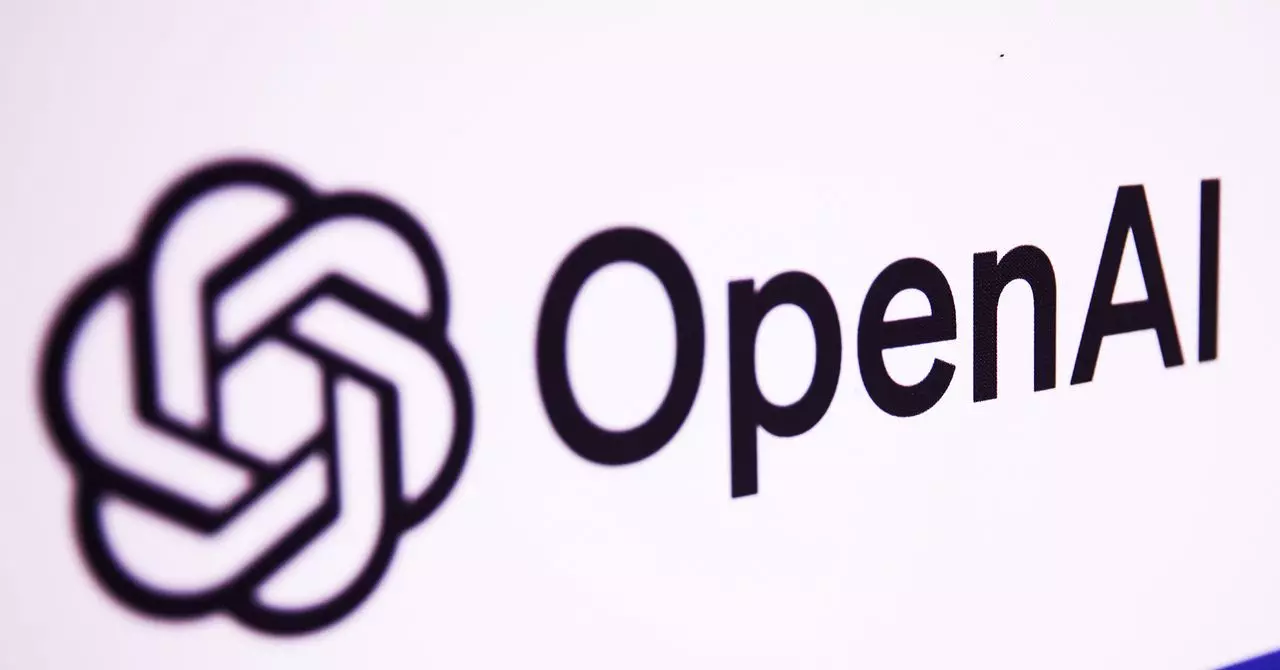The race for artificial intelligence supremacy is playing out not only through technological advancements but also in a ruthlessly competitive skirmish over human capital—specifically, the top-tier AI researchers who craft the future. Recently, OpenAI’s Chief Research Officer, Mark Chen, revealed an internal struggle to retain talent amidst an aggressive recruitment assault by Meta, led personally by CEO Mark Zuckerberg. This underlines a deeper and more intense rivalry than many outsiders realize: the fight for intellectual horsepower is as crucial as any product launch or public announcement in determining the leaders of tomorrow’s AI landscape.
OpenAI’s Emotional and Strategic Response
Chen’s internal memo paints a vivid picture of how personal and urgent this battle has become within OpenAI. His metaphor of feeling as though “someone has broken into our home and stolen something” is more than just hyperbole—it reflects a visceral anxiety about the company’s core strength walking out the door. This isn’t merely about paychecks; it’s about protecting the very essence of OpenAI’s innovation engine. Chen’s candid messaging to employees shows he understands the gravity of the situation and is trying to project both confidence and transparency. His commitment to fairness in compensation, despite pressures to match or outbid Meta’s extravagant offers, speaks to a principled approach to building loyalty rather than a blunt financial arms race.
Zuckerberg’s Bold and Unprecedented Moves
From Meta’s perspective, the strategy is almost shock-and-awe. Offering $100 million signing bonuses to lure away seasoned OpenAI researchers is not just a competitive tactic but a clear statement of intent. Meta’s relentless pursuit—often involving Zuckerberg reaching out directly to individuals—signifies their recognition that people are the ultimate competitive advantage in AI. This aggressive poaching campaign is not just about expanding Meta’s AI capabilities; it’s about weakening a major rival and signaling to the industry who the new heavyweight contenders are. It’s a reminder that in today’s tech battles, talent acquisition can be as crucial and cutthroat as product innovation itself.
The Complex Dynamic of Culture and Compensation
However, there’s an undercurrent beyond cold numbers and salary figures: cultural fit and morale. Despite the aggressive financial incentives, potential recruits reportedly view Meta as a less optimal cultural environment compared to OpenAI. This provides some breathing room for OpenAI, suggesting that retention won’t hinge solely on money. The challenge for OpenAI is finding ways to combine financial competitiveness with maintaining the collaborative, mission-driven culture that originally attracted these researchers. Otherwise, even the largest paychecks may not foster long-term loyalty or productivity.
Leadership’s Role in Sustaining Morale
It’s telling that several research leaders within OpenAI have taken to personally reaching out to colleagues to bolster morale, encourage openness about offers, and caution against pressure tactics. This grassroots leadership effort suggests that the company is aware that beyond formal contracts, human emotions and supportive communication can influence decisions. Chen’s insistence on fairness, combined with these personal appeals, indicates that OpenAI aims to fight this battle on multiple fronts: financially, culturally, and emotionally. This multifaceted approach may ultimately determine whether OpenAI can preserve its core team amid the intense crossfire of Silicon Valley’s AI recruitment wars.
Implications for the Wider AI Ecosystem
This ongoing talent struggle illuminates broader trends in the AI industry. The immense importance placed on individuals highlights how nascent and fragile these leading AI institutions still are. Unlike more mature industries where infrastructure or patents often dominate competitive advantage, AI remains deeply dependent on intellectual human capital that is incredibly mobile and highly sought after. This war for talent could accelerate consolidation or cause volatile shifts in which companies lead, pushing the entire field into new phases of innovation or disruption.
Ultimately, by focusing so publicly and fiercely on retaining researchers, OpenAI reveals a rare truth about modern AI companies: their future rides squarely on their people. In this light, Mark Chen’s memo is more than a reaction—it is an urgent declaration that the human side of AI innovation is a battlefront that simply cannot be lost.

